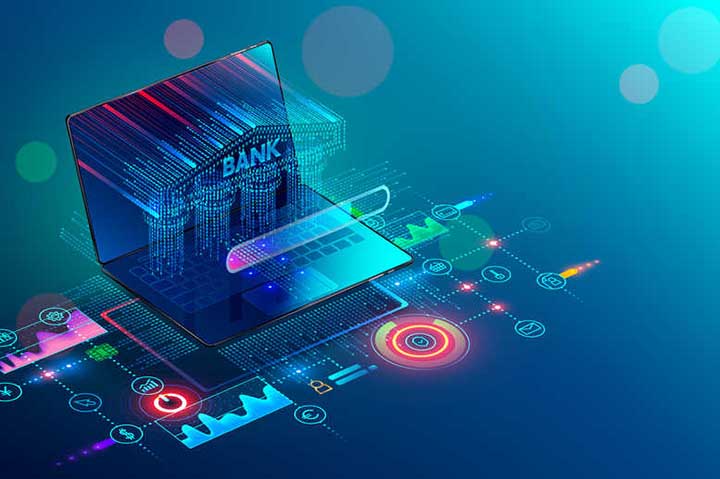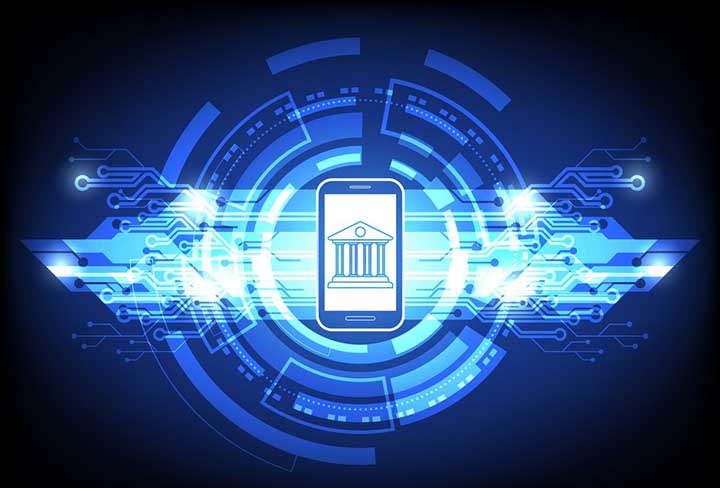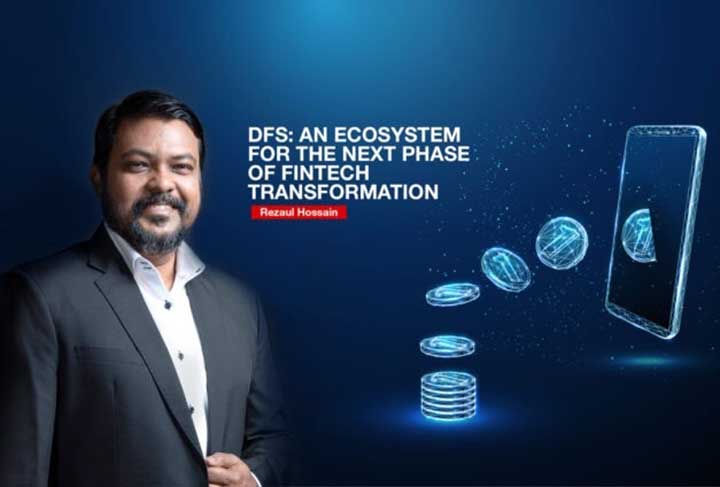Digital Banking for Bangladesh (Part-1)
By Rezaul Hossain | September 13, 2021

Bangladeshis are known in China as ‘Manjalas,' or people who live in low-lying areas. This is one of our land's most significant advantages in terms of marketing, communication, training, below-the-line activation, and other activities.
Apart from that, we are homogeneous people that speak the same language in practically every corner of the country, are mostly Muslim, and have a strong desire to celebrate festivals and events. Since 1990, technology has played a critical role in transforming our social structure and way of life.
This began with the use of computers, the internet, and cell phones. The financial industry, on the other hand, has seen slower transformation than the other sectors.
Banks played important role in financial system, but it wasn't until 2010 that they were able to make a big contribution to improving financial inclusion. Based on mobile financial services, the trend has accelerated dramatically since 2011.
The financial sector is now undergoing major transformations as a result of the use of new technology. It is certain that the financial sector will become increasingly technology focused or oriented.
Many technology-based Fintech companies can and will give services to various operators in order to reach a critical mass via technology and retail networks – as long as regulatory constraints do not prevent them from doing so.
Every industry is going to transform and evolve. These transformations are taking place to give users better experience, new and innovative products, and more inclusivity.
The ultimate goals are to cut costs, improve convenience, and make it easier to serve various consumer segments. Furthermore, as customers' requirements, expectations, and behaviors change, technology is increasingly being utilized to track and respond to changing customer needs.
Offering services through digital channels allows service providers to collect and store data about consumer activity in order to assess their needs and provide financial services tailored to their lifestyle or business.
The concept coupled with other benefits like operational efficiency and cost savings are driving organizations towards more and more adoption of digital services to serve its customers.
Banking sector is no different; and to meet the changing customer needs, the mindset of the people working in the banking sector needs to change. Banking customers now want more and more services via digital channels.
As a result of that, banking sector (especially private banking) is already going through some transformative and evolutionary processes. The next stage in evolution of banks is ‘Digital Banks’.
Technically most of the banks have online services. Point is whether they are providing all banking services to the critical mass or not?
The answer is currently no. On the positive side, we are having a large MFS coverage, and it can evolve, and become more matured to give more services to the different customer segments. So, digital banking offering core banking services through digital channels can come to Bangladesh in a form of ‘evolved MFS’ or ‘MFS plus’. Also, the modern banks can evolve into ‘neo banks’.
We will take a quick look at these two questions and then delve into a deeper discussion on Digital Banking from a Bangladesh perspective.
A Digital Bank is an organization that can offer banking activities online, which were historically available only at a physical bank branch. Online banking focuses on digitizing the ‘core’ aspects of banking, but digital banking encompasses digitizing every program and activity undertaken by financial institutions and customers.
Benefits
Traditional banks (offering online banking) have heavy physical presence; and customers must visit bank premises to conduct many of the core banking functions.
Digital banks have very little to almost nil physical presence. Core banking functions like on boarding, loan sanction and mortgage approval is done via digital channels.
So, majority of the ‘interactions’ or ‘interventions’ of digital banks are online base; in contrast to the physical nature of interactions by digital banks.
There are mentioned couple of advantage and disadvantage of digital bank below. The paperless process and verification system makes the account opening process very easy and user-friendly towards financial inclusion.
Customers can access personal account round-the clock and carry out all manner of transactions with a few touches of a button. Besides, digital banks can carry out transaction processes in a faster pace than the traditional banks; as there would not require legacy system of paper-based approvals.
Digital banks offer automated services. The resulting lack of physical branches and less employees means that digital banks have considerably lower costs than traditional banks.
It also provides services at a lower charge to end customers, as their operating costs are lower than traditional banks.
In case of traditional banks, manual paper processing is necessity. Paper processing is naturally at risk of human error. On the other hand, all data and information processing at digital banks are automated, which provides high level of accuracy.
The system can open up access to finance for many new customers. As the digital banks will have a comprehensive database of customers’ transaction profiles, they can build credit profiles for the customers and offer loans to customers based on the credit profiles
Digital banks are often more flexible in adopting new technology and being able to quickly offer new services to customers.
Many digital banks have been able to offer a range of new services to customers including regular spending reports, spending projections and partnerships with other financial apps.
Challenges
Apart from the benefits, there are some challenges for the new services in terms of Bangladeshi users’ experience in banking.
Understanding the usage of digital banking might be difficult at the first. In other countries, some banks offer online demo.
Considering Bangladesh scenario, a physical demo may be required in most cases (especially for the unbanked) to educate them on the usage of digital banking.
As all businesses of a digital bank is done online, naturally it becomes a lucrative target for unscrupulous hackers, especially ransomware. Digital banks are always at a higher rate of cyber-attack risk and threats.
Users perform all transactions with the digital bank via online. If user’s digital identification is stolen or hacked, user is in risk of completely losing his/her account balance.
All transactions with digital banks are carried out over the internet. So, a big dependency is there on steady and reliable internet connection; and if internet connection fails, then the digital bank account becomes unavailable.
Notes
Reaping the advantages of digital banks will also depend on proper management of the digital bank itself. Historically, traditional banks are owned and operated by a family or close group of people. So, the crucial management positions are oftentimes filled by members of the family or the close group; who might not always possess the required skill set to run the business efficiently and take it to the next level.
If the same trend (of filling important management positions from friends and family) continues in case of digital banks, then unfortunately the full advantages from digital banks cannot be realized.
Bangladesh Bank (BB) may play a role here by limiting the maximum number of family members who can be part of a Digital Banks’ Board and Top Executive Committee.
The central bank can also conduct fit and proper tests for the top management positions; and may come up with other appropriate measures to ensure a capable and professional management body for a digital bank.
Rezaul Hossain is a market transformation expert
This article was originally published at Daily Sun


